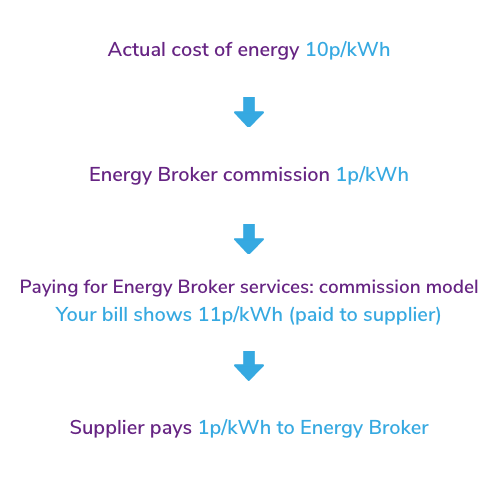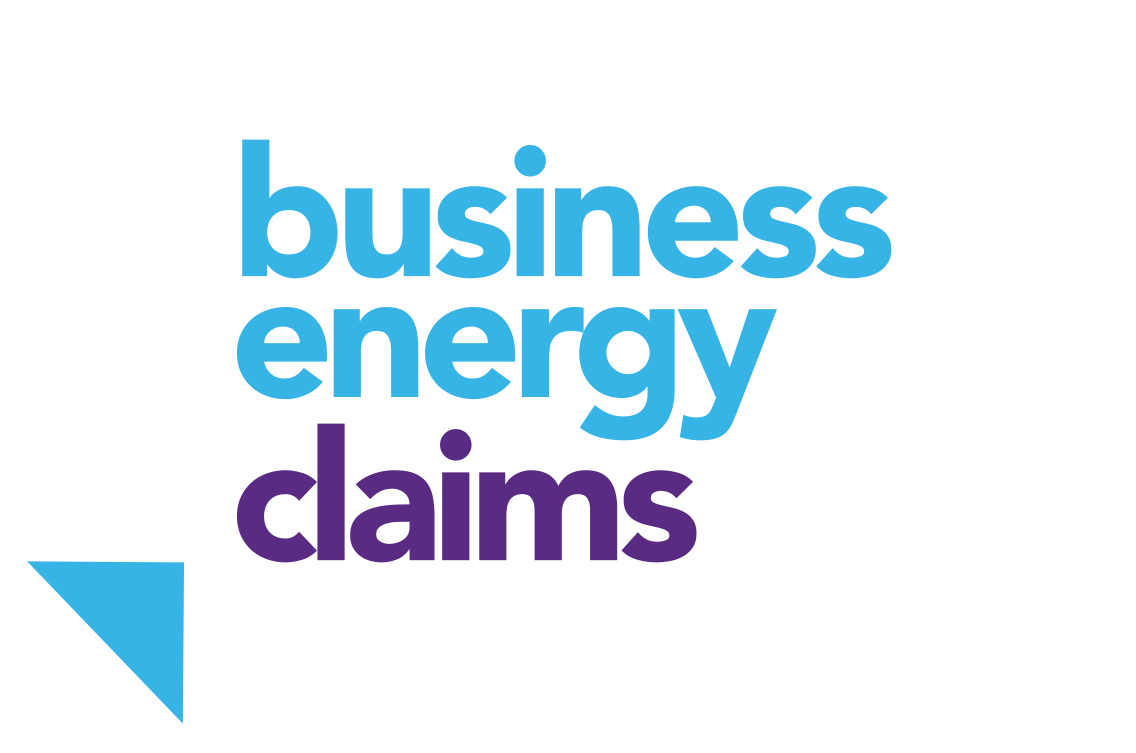Your business may be owed £1000s due to mis-sold energy contracts
Have you been mis-sold to?
Millions of UK businesses regularly use an energy broker to source their business energy needs, acting as a middleman between you and the supplier.
If you’ve used an energy broker, they may have added hidden commission into your energy contracts without clearly explaining it.
Energy brokers legally have to disclose any commissions earned, but over the years many have made misleading statements or concealed their financial incentives.
Over 90% of the businesses we’ve spoken to have used an energy broker and our average claim is over £25,000, with some businesses entitled to millions of pounds in energy compensation.
We believe there are upwards of 2 million businesses entitled to compensation, and we’re here to make your energy claim as easy as possible.
How are energy brokers mis-selling?
Did your energy broker tell you how much in total they made from arranging your business contract? In our experience most don’t, and there’s normally a good reason for that. Brokers know that if they had to fully disclose they would not make anything like the kind of commissions they do if they were transparent, after all would you sign up to a deal if you knew a significant chunk of your bill was going to your broker?
They may even have told you that the service was free, or that the broker got their commission from the supplier as an “introducers fee” or words to that effect.
Typically, most brokers receive their commission directly from the supplier they place you with and it is built into the unit price they arrange for you. Often, this is not disclosed to the customer.
Here’s an example of how it works

Our average claim looks a little like this:
Contract 1: Gas Contract Length: 2 Years Energy Broker Rate (Uplift): 1 p/kWh Annual Consumption: 523,151 Energy Broker Commission: £10,463.02
Contract 2: Electricity Contract Length: 5 Years Energy Broker Rate (Uplift): 0.4 p/kWh Annual Consumption: 764,894 Energy Broker Commission: £15,297.88
Total Combined Commission: £25,760.90



